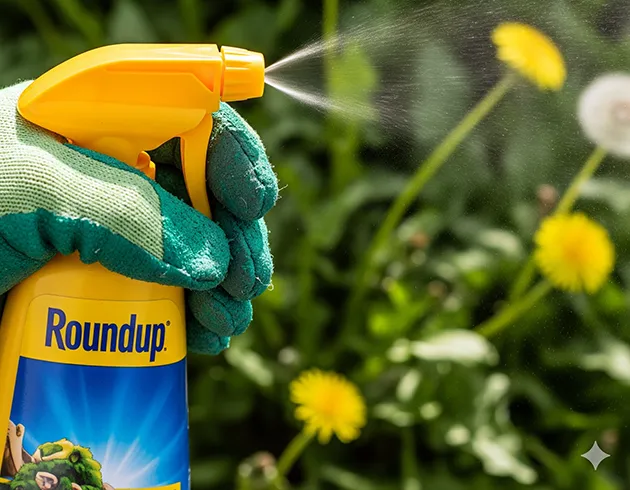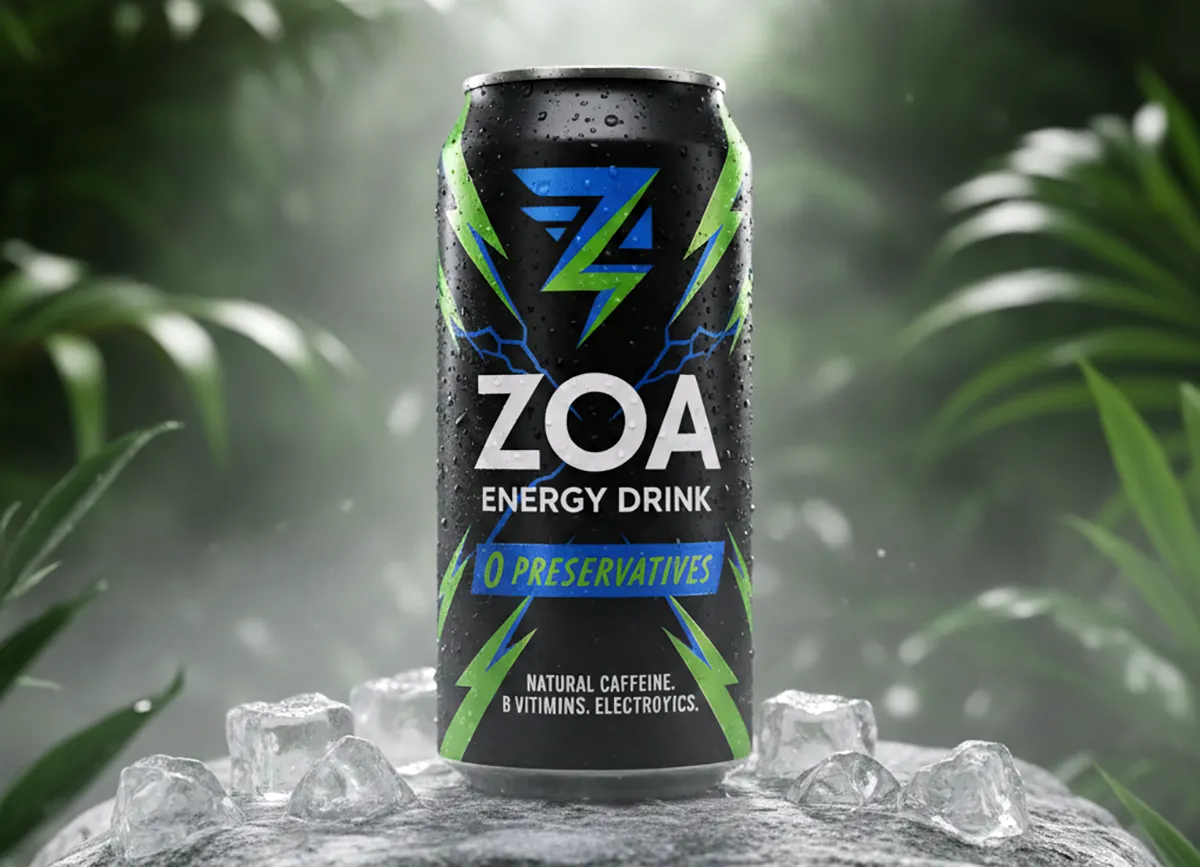U.S. Bank Employees Who Smoke May Be Owed Compensation
By Steve Levine

Photo Credit: Unsplash | Updated: October 14, 2025
Claim Form Deadline: Ongoing
Estimated Payout: Varies
Proof required: Yes
US Bank Charging Employees Extra Fees for Healthcare
Did US Bank charge you extra fees (or "surcharges") for your healthcare or insurance premium for smoking or vaping nicotine? If so, you might be eligible for significant compensation. An investigation is ongoing whether US Bank has been charging surcharges on health insurance policies in violation of the law.• Spousal surcharges of around $50 - $100 per month have been reported in cases where an employee's spouse has access to coverage through their own employer but chooses to enroll in the employee's plan instead. For example, one employer mentioned implementing a $50 per paycheck surcharge for non-working spouses.
• Tobacco use surcharges are common, with employers charging smokers higher premiums. Surcharges of $50-$100 per month have been typical.
• Some employers have implemented surcharges of $50-$100 per month for employees who do not complete certain wellness activities, like getting an annual physical.
How Do I Qualify?
The investigation is looking back as far as the last six (6) years. Meaning, if you worked for US Bank at any time between 2019 and now, and they charged you extra for your healthcare, you may have a claim and may be owed compensation.There is no out-of-pocket cost to join the investigation, and a potential payout to you can be substantial, pending a victory and the court, or the Judge approving.
How Do I Join the Investigation?
Use any of the links below in order to fill out the form and get started on getting back what's owed to you.Claim Form Website: Fill Out Survey
What Is a Tobacco or Wellness Surcharge?
A tobacco or wellness surcharge is an extra fee some employers charge workers who smoke, vape, or do not complete wellness program requirements. These fees often range from $50 to $100 per month and are added to employee health insurance premiums.
Why This Investigation Matters for U.S. Bank Employees
This investigation looks into whether U.S. Bank’s employee tobacco or wellness surcharges were applied in compliance with federal healthcare and employee protection laws. If you were charged such fees, you may have been unfairly penalized and could qualify for compensation.
How Much Money Could You Get Back?
The potential payout depends on how long you paid a surcharge and the documentation you can provide. Some employees have reported paying hundreds or even thousands of dollars over several years in smoking healthcare fees.
What Proof Can Strengthen Your Case?
Helpful documents include pay stubs showing the surcharge, benefits statements, or HR communications. Even if you don’t have all the paperwork, you can still submit your form for review.
Can You Still Qualify If You Quit Smoking or Vaping?
Yes. If you were charged a tobacco or wellness surcharge anytime in the last six years, you may still qualify even if you’ve since quit smoking or vaping.
Submit Claim
How Do I Find Class Action Settlements?
Find all the latest class actions you can qualify for by getting notified of new lawsuits as soon as they are open to claims:Attorney Advertising. The information on this website is for general informational and advertising purposes. No attorney-client relationship between reader and Siri & Glimstad or their partner firm is created by submitting the form above. Upon submitting the form, you agree that a representative from Siri & Glimstad or their partner firm may contact you.

$25 Amazon Gift Card
Enter Here

Video Game Addicts Lawsuit
Deadline: Pending
Submit Claim
DraftKings & FanDuel Addiction Lawsuits
Status: Open
Submit Claim
RoundUp Cancer Lawsuits: How to Qualify
Status: Open to Claims
Submit Claim
$3M Zoa Energy Drink Class Action Settlement
Deadline: Feb 20, 2026
File Claim| Investigation Summary | |
| Status | Open for Submissions |
|---|---|
| Company | U.S. Bank |
| Coverage Period | Looking back up to 6 years |
| Who May Qualify | Current or former U.S. Bank employees who smoked or vaped, enrolled in employer health insurance, and paid a tobacco surcharge within the last 6 years |
| Estimated Payout | Varies by facts and documentation |
| Proof | Yes. Helpful items include pay stubs showing a surcharge, benefits summaries, plan documents, or enrollment confirmations |
| Cost to Participate | No out of pocket cost for evaluation |
| Free Case Evaluation | Submit Form |
| Notes | Evaluation looks at notice, reasonable alternatives, and how any tobacco related wellness surcharges were applied |